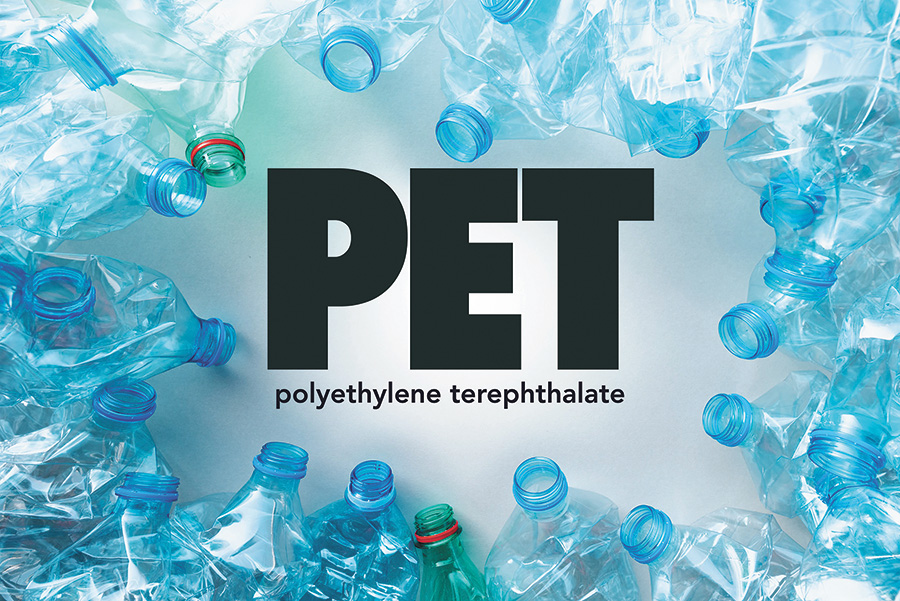“Tapped” is a 2009 documentary film by directors Stephanie Soechtig and Jason Lindsey. After researching ocean pollution, the filmmakers were inspired to produce the movie, which “kept leading them to bottled water.”
The film spotlights the bottled water industry’s role in affecting our global warming, health, pollution and dependency on oil, focusing on industry giants such as Nestlé, Coca-Cola and Pepsi Waters and running tests on the company’s bottles for its products.
Their results showed “several potentially harmful chemicals, some known carcinogens.” The documentary also focused on the number of recycled bottles, noting, “Forty percent of bottled water is filtered tap water, and every day, we throw away 30 million single-served bottles of water as plastic waste.” It also examines the plastic water bottle industry and its deteriorating health ramifications.
The movie examines how big companies like Nestle settle into small towns like Fryeburg, Maine, with substantial water reserves, pumping the town’s water to be bottled and sold at an enormous profit.
“Tapped” showcases the corruption of big companies and illustrates how they manipulate the public. Before we go into the big companies like Nestle, Pepsi, and Coca-Cola robbing small towns of water they already OWN, let’s ask ourselves, what ever happened to tap water? How did we go from drinking the same water from our taps to slickly packaged water bottles? It has been proven that tap water is just as pure as the bottled water we readily purchase.
Because of heavily produced marketing, the dependency on bottled water has crept up on us so insidiously that we haven’t even noticed its cumulative effects.
Scientifically, “Tapped” advanced my knowledge of climate change. It illustrates how global warming has produced droughts over the years, for instance, in Raleigh, North Carolina or Atlanta, Georgia, and shows the irony of global warming.
What is the main product we need when living in climate-induced drought conditions? Water. In 2004, when Raleigh and Atlanta were suffering from a drought, they needed water. Instead, the citizens of these cities found themselves purchasing bottled water from their resources. The 1400% in profits is recycled back to big companies taking advantage of the people. (That percentage is not an exaggeration.)
I’ve also become more aware of the alarming health effects of bottle production. The film explains that bottles, created from plastic, come from the chemicals of polyethylene terephthalate (PET), which is produced from oil refineries and is a known carcinogen.
The movie shares facts, usually by interviewing an expert or using very compelling graphics. The narrator has a lovely, informative voice and explains how this crisis happened using specific data, percentages, numbers and graphics without dumbing down to the audience.
“Tapped” doesn’t skimp on its high production quality. The film is informative, accessible and authentic. It uses pans and tilts, but the edits are smooth, and the viewer doesn’t feel it’s watching propaganda. It gets the message out without drawing attention to itself.
When it talks about protests, the music uses inspiring music without the melodramatic tones. During the scenes when it talks about the ramifications of plastic bottles, it’s done poignantly without overdoing it.
The editing is expository without being overly pedantic. The editing intersperses clips of old newspapers, previous protests, interviews, pans and tilts of nature and top-shelf graphics, explaining how the bottled water industry operates throughout America. The editing of the newspaper clips is another outstanding aspect of the production. The edits use a “flash” graphic, keeping viewers glued to the screen.
A huge shoutout to the graphics crew. The opening titles are on bottled water, blending naturally. While watching the documentary, the credits were interwoven so seamlessly that I hardly noticed they were credits. Other compelling edits included moving graphics, explaining the exponential growth of big companies planting themselves into cities across America.
For many years, I’ve been a big bottled water fan. What’s not to like? Water has got to be the best thing for our health. Water is among the many beverages among available drinks: soda, diet soda, and fruit juice. Soda and fruit juices are packed with sugar, and diet soda, my favorite drink, is worse, as it contains aspartame or SPEND®, which is one reason I’m drawn to drinking water.
However, I am now more aware of water and understand it as a fundamental human right. I know I purchased it mainly because of the marketing because it’s hard not to notice the sleek packaging. As aesthetic and healthy as bottled water appears, it should not have to be purchased. Tap water is just as pure as bottled water. All I need is the water from my own kitchen faucet.






